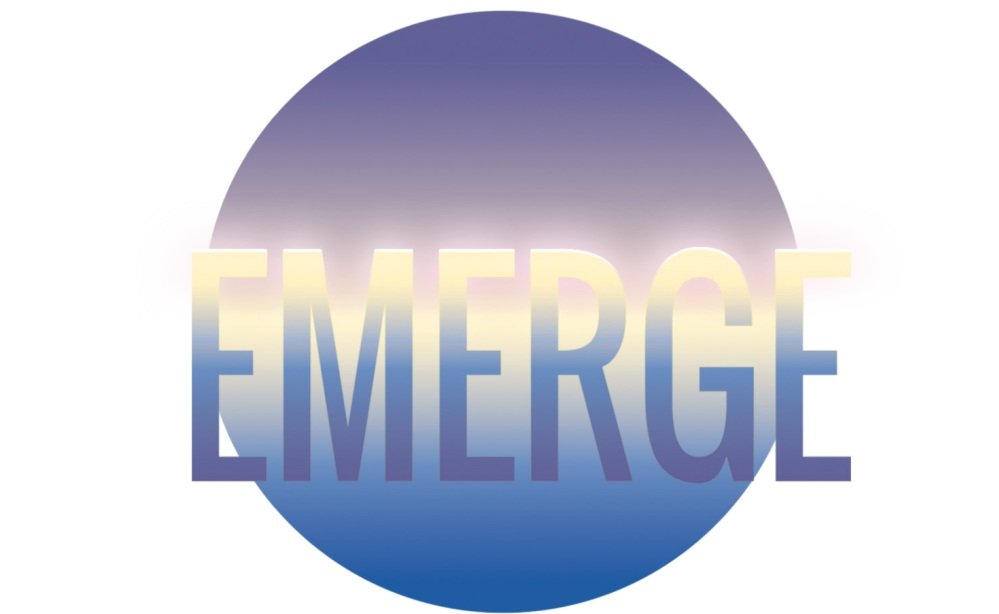Adhd from a Teen perspective
When you hear someone talking about ADHD, what do you picture?
You might think of a disruptive kid in the classroom or a little boy who has way too much energy. That's not the full picture. ADHD is not the same for all people. It can have a wide variety of symptoms that affect their life differently. I am going to help you learn a little about ADHD by telling you about me and how I deal with it in my day to day life.
ADHD is diagnosed more often in males than females and males are often diagnosed in elementary school as opposed to females who aren’t diagnosed until high school, college, or even as adults. Women with ADHD can be labeled as chatty or daydreamers and written off without a diagnosis, causing them to have to work twice as hard in life as everyone else.
I wasn’t diagnosed until the age of 16. I went through preschool, elementary school, middle school, and halfway through high school before I asked my therapist for a test. Let me repeat that, I asked my therapist for a test; none of my teachers brought it up, not even my parents. My diagnosis came back, ADHD-Inattentive Type. When I got the diagnosis, I started researching some of the symptoms in women and a lot of things started to click.
There are a long list of symptoms for ADHD. But there are many symptoms that are more specific to women than men. Many that I had never heard of and I am sure you haven’t either like sensory overload and tactile defensiveness. But, when I learned about some of them, I realized that they were describing me and it made me feel better to know.
One of the symptoms that I experience is Rejection Sensitive Dysphoria. RSD is extreme emotional reactions triggered by the thought that one has been rejected or criticized by someone they know. It can also be triggered when a mistake is made and pointed out to them or if the person fails to meet their own high standards. RSD is a very common ADHD symptom but it is not widely talked about. This doesn't mean that people with ADHD are just too emotional or sensitive; it is an uncontrollable response to a trigger. When a teacher pulls me aside or someone in a position of power talks to me about a mistake I made or I forgot to do something, my brain immediately goes to “this person hates me” or “I am the worst” and I start crying. It is so embarrassing that I can't make a mistake without crying because people will just think I take things too personally, but it's not my fault. This is just one symptom but it does have a large impact on my life. However, understanding it gives me a way to then create ways to deal with it.
A more commonly known issue that people with ADHD have is getting distracted easily and forgetting things. I struggle a lot with forgetting. But a way I cope with my forgetfulness is my planner. I have a planner that I use to plan my week. It has my schedule, to-dos, and my homework. It sounds boring but I decorate my planner with washi tape and stickers and markers to make it look aesthetically pleasing, which encourages me to use it. That may not work for everyone but I found that it's what works for me.
ADHD is a spectrum and no two people are the same. The best way you can help someone with ADHD is to ask them what might help the listen to their answer. And, if they reply with “I don't know” then don’t keep pushing. Try to work together, ask questions, and come up with some ideas. Please remember that just because something works for you doesn't mean it will work for them and be willing to try to see things their way. It can help improve your relationship.
